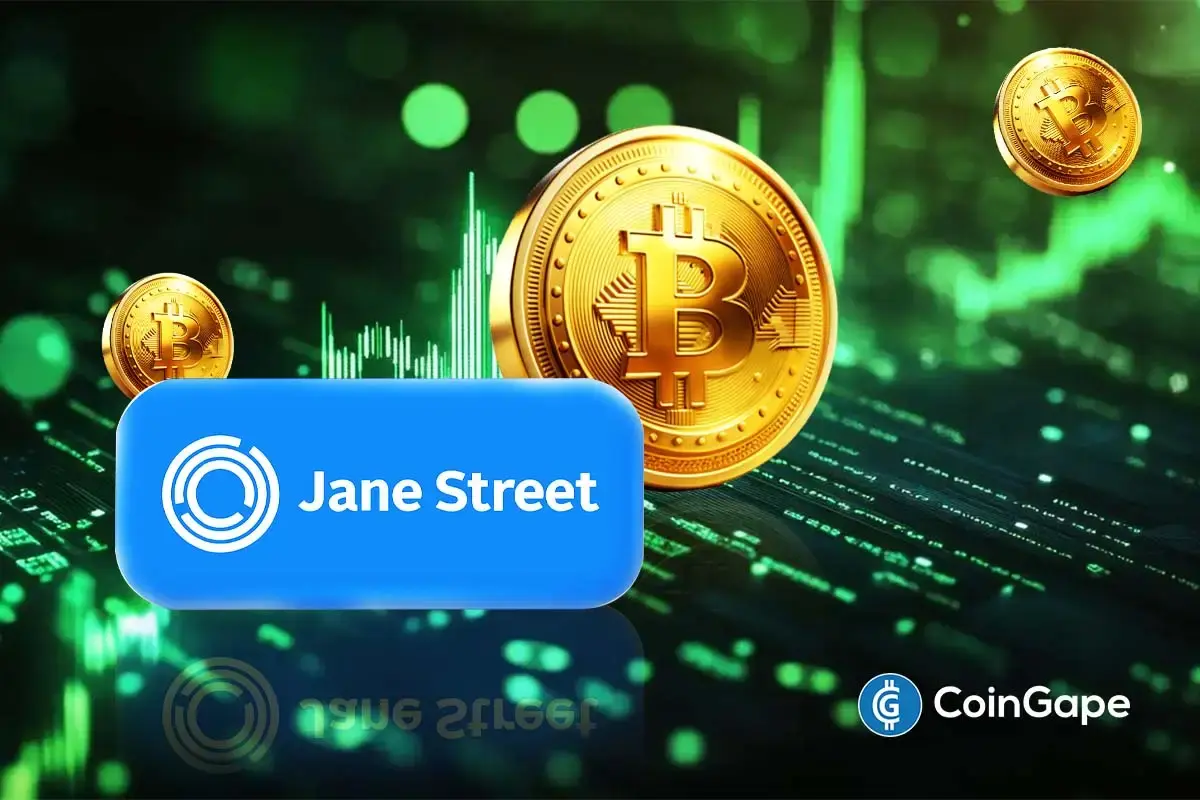Bitcoin Gas Fee Surge: Abra Global CEO Explains Why

Highlights
- Why is Bitcoin gas fee soaring? Abra Global CEO shares take
- He attributed this surge to Runes adoption
- The Abra CEO tips the benefits of Runes beyond the hyped gas fee
Bitcoin (BTC) gas fee has seen a progressive surge recently and Abra Global CEO Bill Barhydt believes that it is tied to Runes, a new proposed token standard on Blockchain.
Bitcoin Gas Fee, Runes, and Ordinals Link
The much-anticipated Bitcoin halving event went live earlier today but Casey Rodamor’s latest creation Runes seems to be taking all the attention at the moment. Barhydt highlighted that this token standard is contributing to a massive hike in Bitcoin transaction fees.
Runes provides an easier and more efficient means for users to create fungible tokens on the Bitcoin blockchain. In other words, the primary role of the token standard is to facilitate the launch of fungible tokens on Bitcoin, per the statement from Barhydt. He further stated that the most common fungible tokens as of today are ERC-20 tokens on Ethereum.
Runes!
What are Runes, why are they so interesting and why are they causing a huge spike in #bitcoin transaction fees…
Read on….
Runes is a new proposed token standard on Bitcoin that makes it easier and more efficient for users to create fungible tokens on the blockchain.…
— Bill Barhydt (@billbarX) April 20, 2024
While Rodamor is also connected to the release of Ordinals, Runes is quite different from Ordinals which permits the creation of Non-Fungible Tokens (NFTs). Ordinals allow people to “inscribe” data on the smallest units of Bitcoin (i.e. satoshis) to create highly valued assets on Bitcoin.
Both protocols still share a few similarities including the fact that they both allow people to “etch” and mint tokens on-chain.
Capabilities of Rune Highlighted By Abra CEO
Runes also utilizes small, lightweight transactions known as “edicts”. This feature is usually used to transfer ownership of tokens without impacting the Bitcoin network negatively. In a bid to simplify the creation and management of fungible tokens, Runes leverages Bitcoin’s UTXO model and the OP_RETURN opcode.
“Each Rune transaction can specify multiple operations across different Runes,” Abra Global CEO stated. “In the event of a token transfer, the Runes protocol will split the UTXO into multiple new UTXOs based on the instructions in the OP_RETURN data.”
Barhydt outlined certain benefits of having Runes in the Bitcoin ecosystem including minimizing on-chain footprint and improving UTXO management. He strongly believes that the token standard will bring about a more simplified approach to creating fungible tokens on the Bitcoin network, especially when compared to the likes of BRC-20, RGB, and Taproot.
Runes users do not need to rely on any off-chain data or native tokens before they can create multiple tokens and manage them easily on-chain.
Play 10,000+ Casino Games at BC Game with Ease
- Instant Deposits And Withdrawals
- Crypto Casino And Sports Betting
- Exclusive Bonuses And Rewards

- US-Iran War: Reports Confirm Bombings In UAE, Bahrain and Kuwait As Crypto Market Makes Recovery
- XRP Price Dips on US-Iran Conflict, But Capitulation Signals March Rebound
- Crypto Market at Risk as U.S.–Iran War Threatens Inflation With Oil Price Surge
- Polymarket U.S.–Iran Strike Bets Fuel Insider Trading Speculation as Crypto Traders Net $1.2M
- Cardano’s DeFi TVL Climbs as USDCx Stablecoin Launches on Network
- Analysts Predict Where XRP Price Could Close This Week – March 2026
- Top Analyst Predicts Pi Network Price Bottom, Flags Key Catalysts
- Will Ethereum Price Hold $1,900 Level After Five Weeks of $563M ETF Selling?
- Top 2 Price Predictions Ethereum and Solana Ahead of March 1 Clarity Act Stablecoin Deadline
- Pi Network Price Prediction Ahead of Protocol Upgrades Deadline on March 1
- XRP Price Outlook As Jane Street Lawsuit Sparks Shift in Morning Sell-Off Trend

 Buy $GGs
Buy $GGs
















